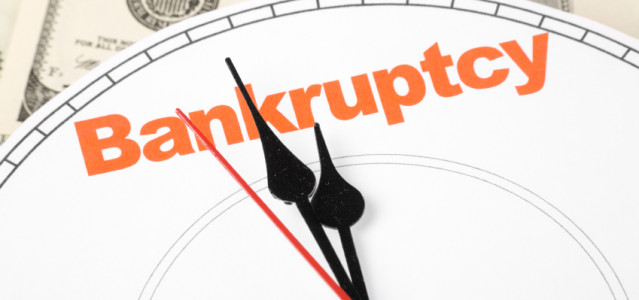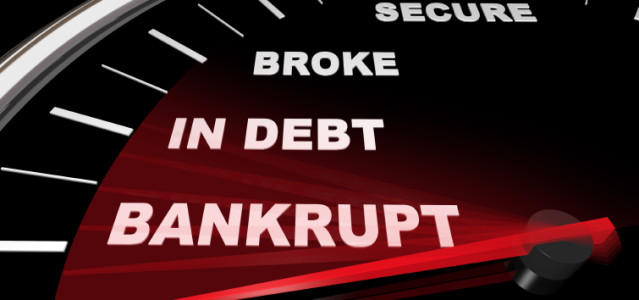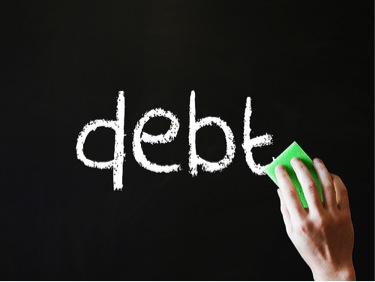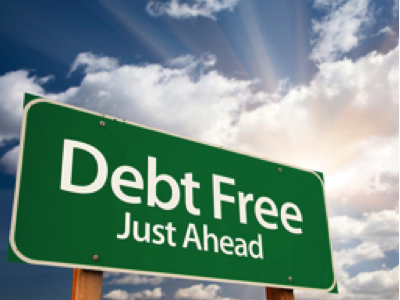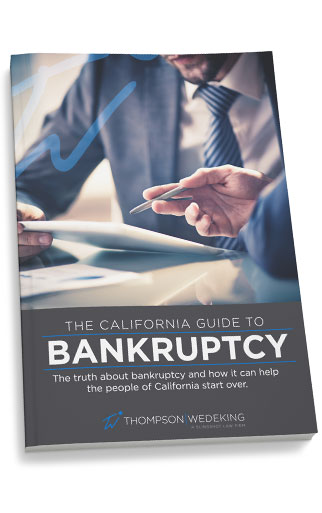Generally speaking, there are three types of bankruptcy. You can file a chapter 7, 11, or 13. However, for most individuals, it will come down to choosing between a chapter 7 and 13. The two versions are the most popular for individuals to file, but are very different from one another. You should never declare bankruptcy unless you completely understand what it will entail and that, it should go without saying, includes what each chapter means.
First, let’s look at chapter sevens. When you declare a chapter seven bankruptcy, you’re essentially telling the courts that you want relief, but are looking to pay off your debts as soon as possible. The trustee will look over your assets and essentially liquidate whatever possible in order to pay back your creditors. Namely, this will pay off things like medical bills and credit cards. In order to qualify for this chapter of bankruptcy, you have to prove that you have little or absolutely no disposable income at your disposal. Those who make too much money may find that they can only declare a chapter 13 bankruptcy.
A chapter 13 bankruptcy is different. This type of bankruptcy is for those with some type of steady income who are, therefore, capable of repaying their creditors to some degree. As we mentioned before, for some people, this is the only option they have for declaring bankruptcy.
The benefit of a chapter 13, however, is that it allows for debtors to catch up on mortgage payments they may have missed. It can also be used to strip away wholly unsecured junior liens that may be on a debtor’s home.
As you can see, the two most popular types of bankruptcy vary greatly from one another. So it pays to speak with a bankruptcy attorney who can identify which one is best for you and your situation.

